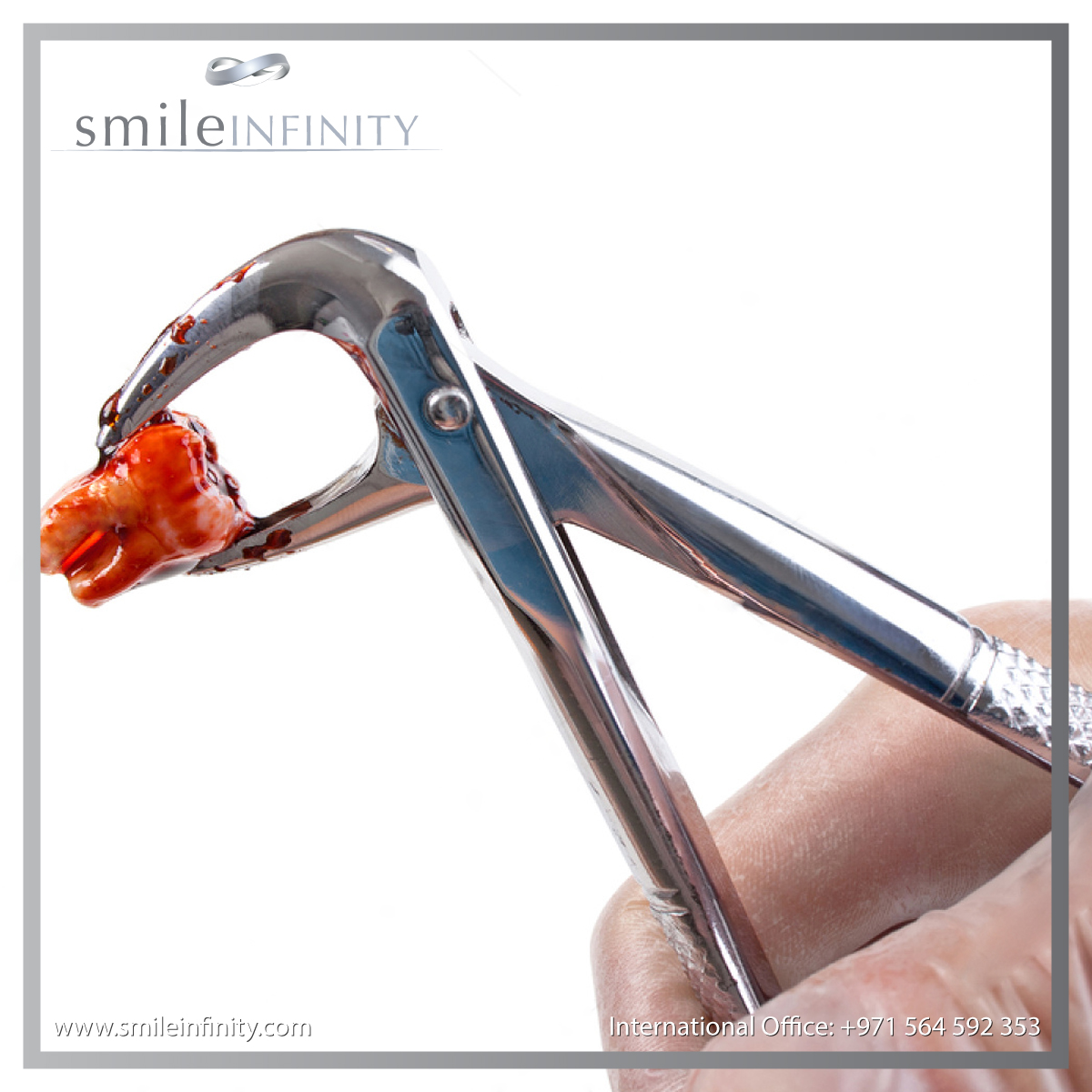anyway and focus on how to recover from it fast and in a painless way.
Wisdom teeth extraction is a common
surgery, which can be very painful if it was done by a non-skilled dentist. And even a skilled dentist will make you feel a glimpse of pain, but some
advanced dental clinics use
WaterLase MD Turbo technology (Water + Laser) which assist the surgery to make it more
precise and
reduce symptoms and
healing times associated with traditional therapies.

But leaving the wisdom teeth in your jaw will cause you
much more pain because it starts to push all of your teeth, so
remove it
In the first 24 hours after the
surgery, the blood clots will form.
Avoid touching the wounded area because it can become dislodged which will make you bleed again.
After 2-3 days, the swelling of the cheeks and mouth should start to improve.
Followed to the
7th day, the dentist can remove any stitches remaining.
3 days after, jaw soreness and stiffness should fade away. counting to
2 weeks after the surgery, everything will be normal.
It is a very precise way
to heal faster from this
surgery... Blood clots replace the extracted tooth and it is an
essential part of the healing process because they prevent too much bleeding,
protects the exposed bones and the wound from infection, and allows new tissue to grow. So don't dislodge these blood clots especially in the
first 24 hours by avoiding rinsing the mouth, hot drinks, don't brush your teeth next to the extraction area, don't eat food that requires chewing and
avoid smoking, straws, and drinking alcohol.
 Directly after the surgery
Directly after the surgery, bite on a gauze pad in the extraction area for 30 minutes or hold an ice pack on the outside of your face over the extraction area.
If the surgery was made under a general anesthesia, don't drive a car for at least 48 hours and take
2 days off to rest home so you can raise your head while sleeping which will make you
feel more comfortable, rinse with warm water and salt to reduce swelling and use an antiseptic mouth rinse to
prevent infection.








